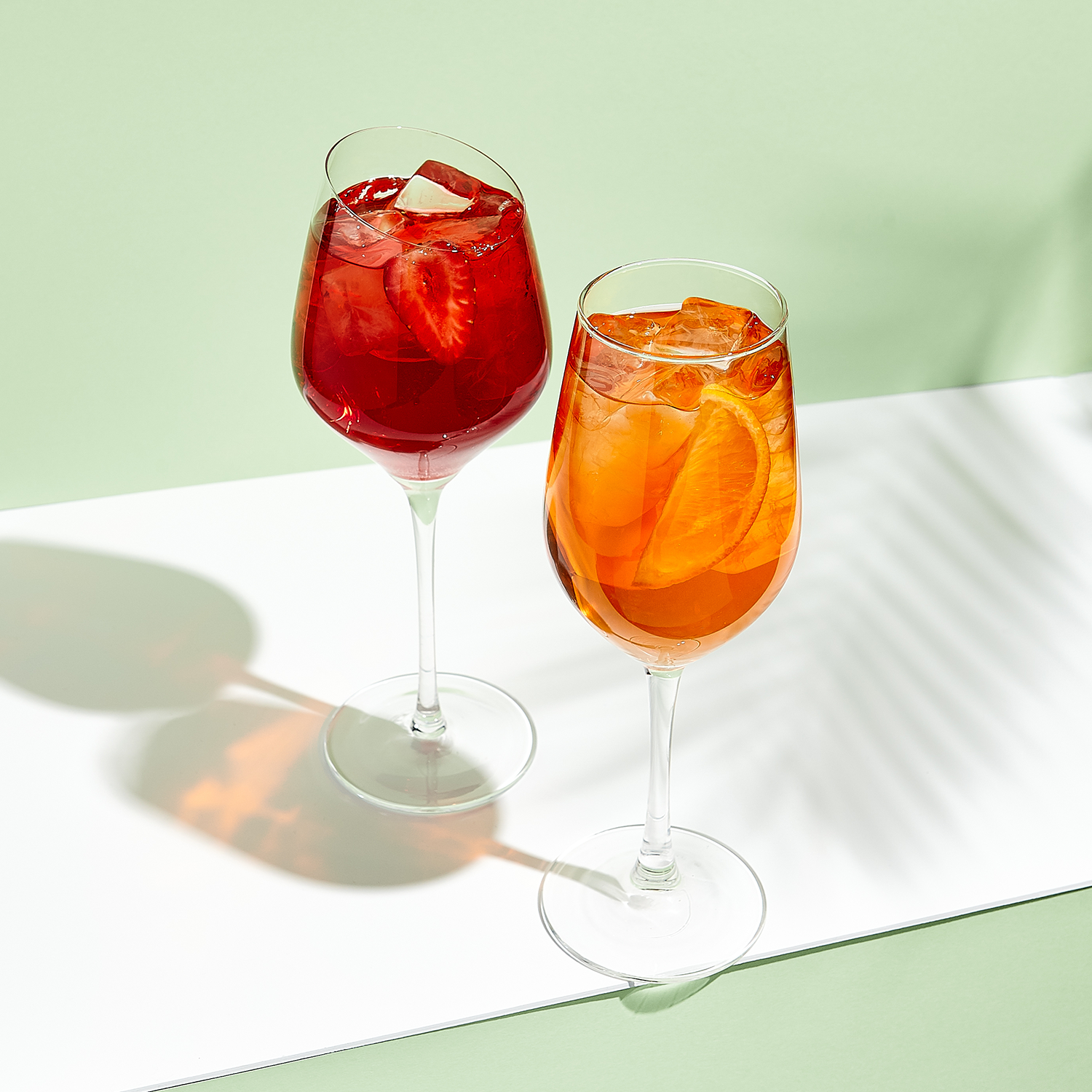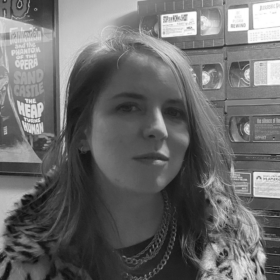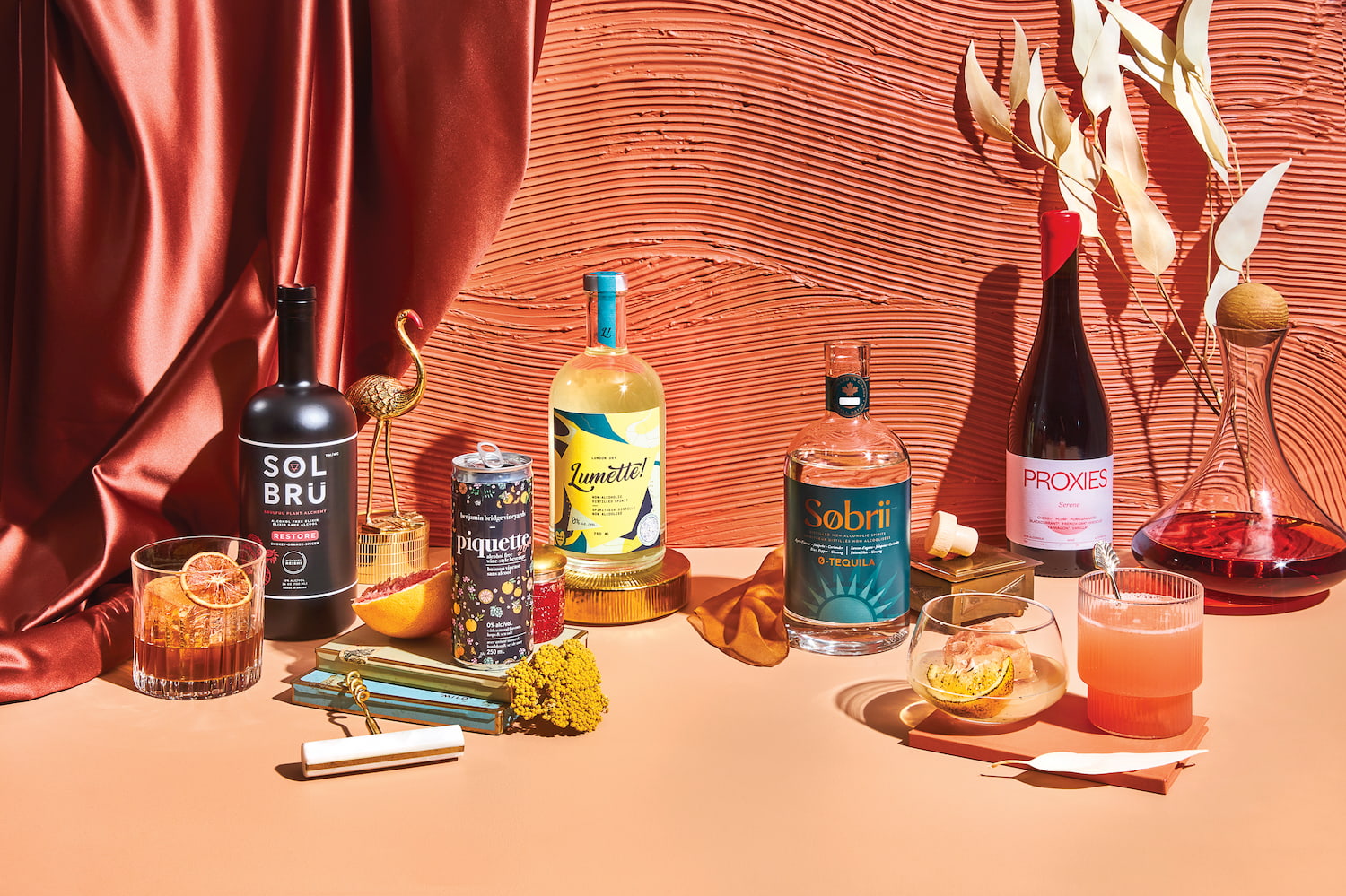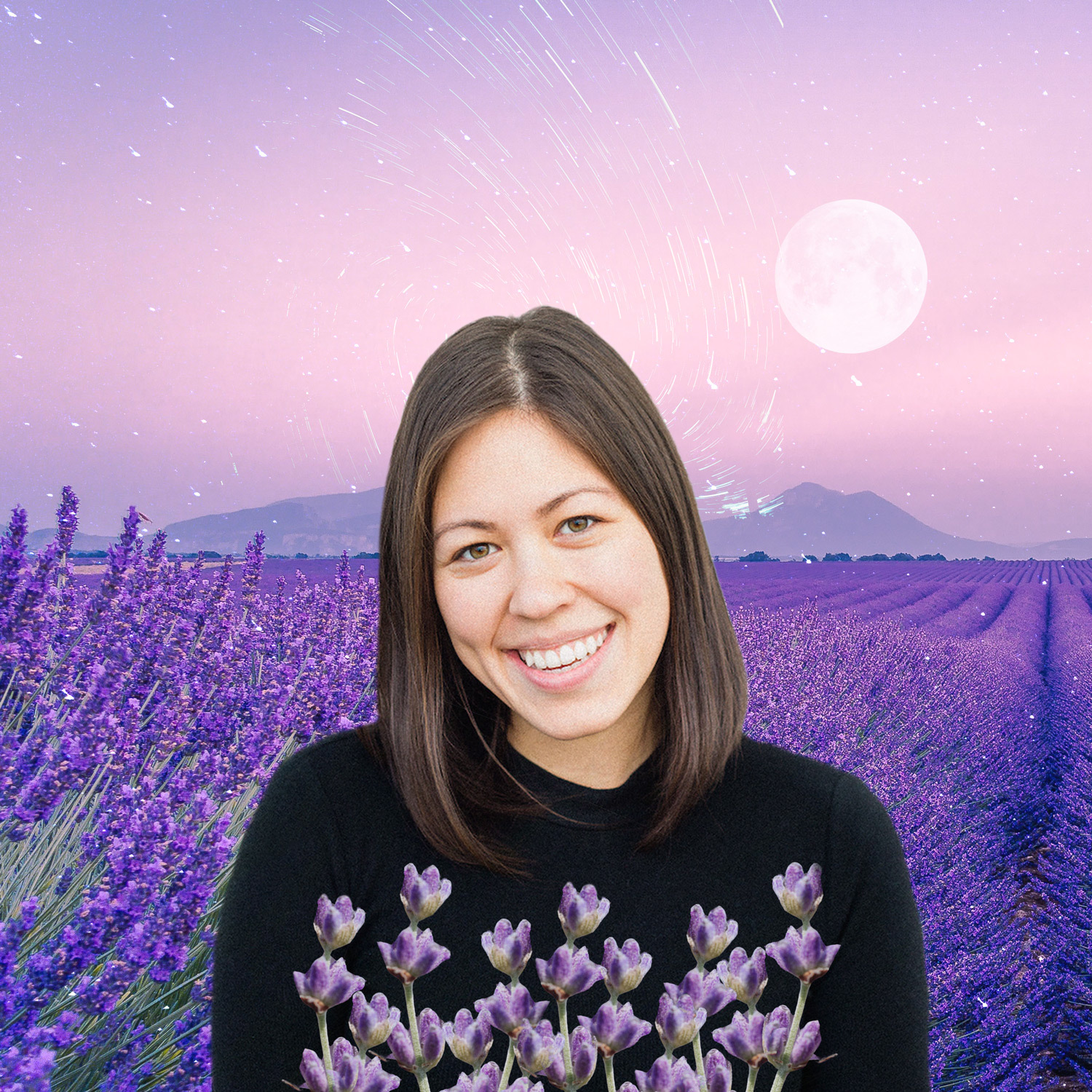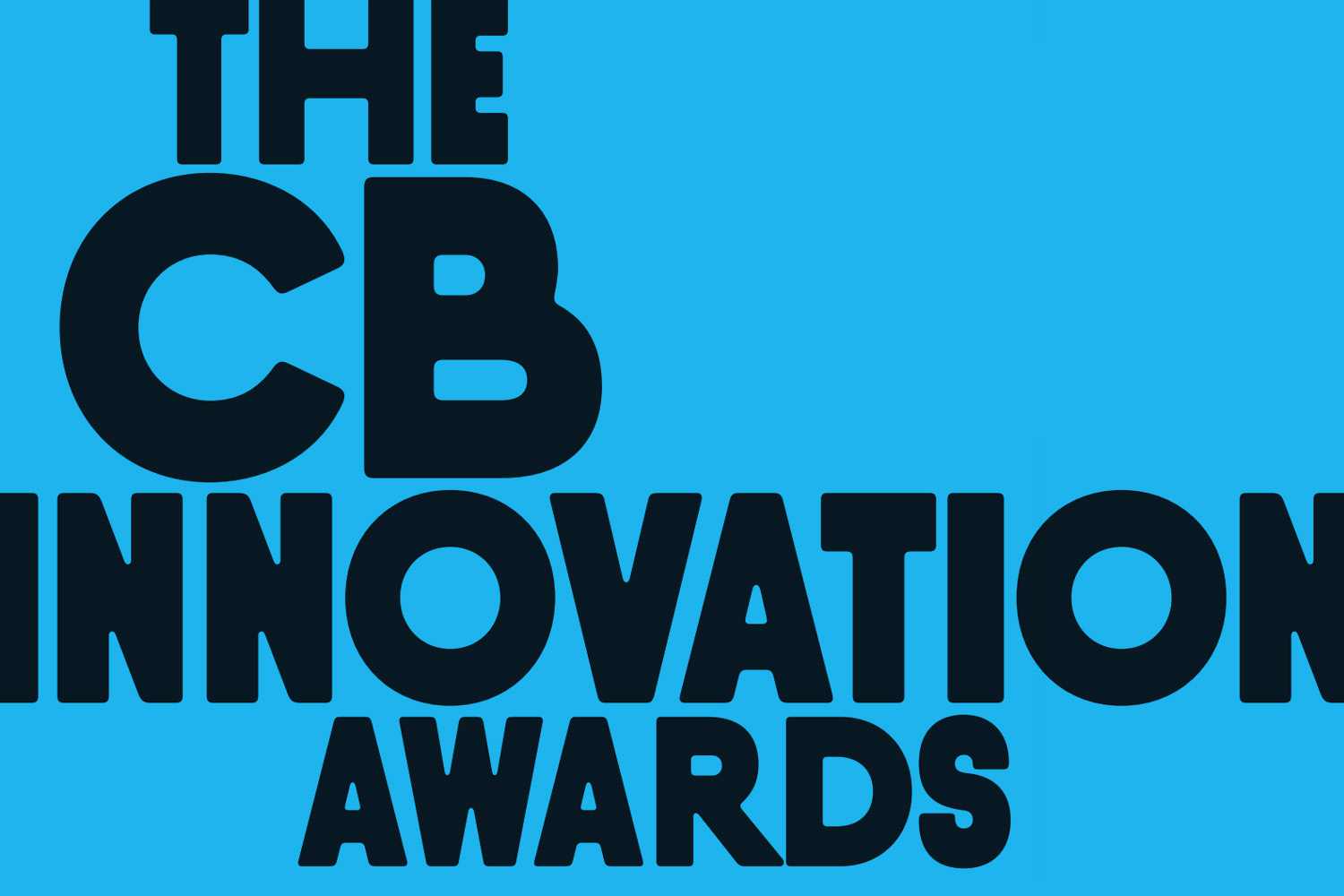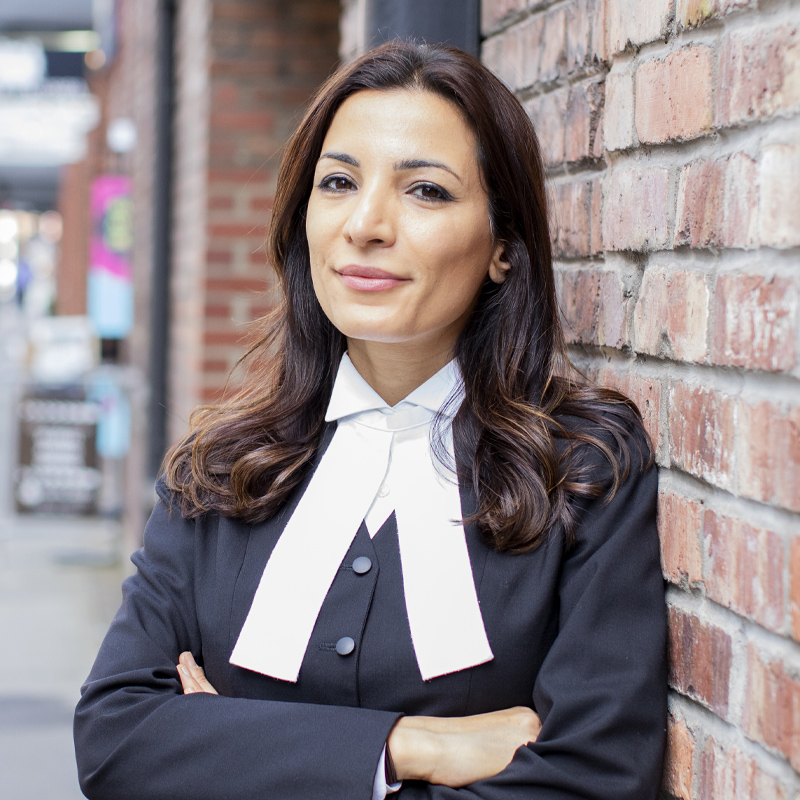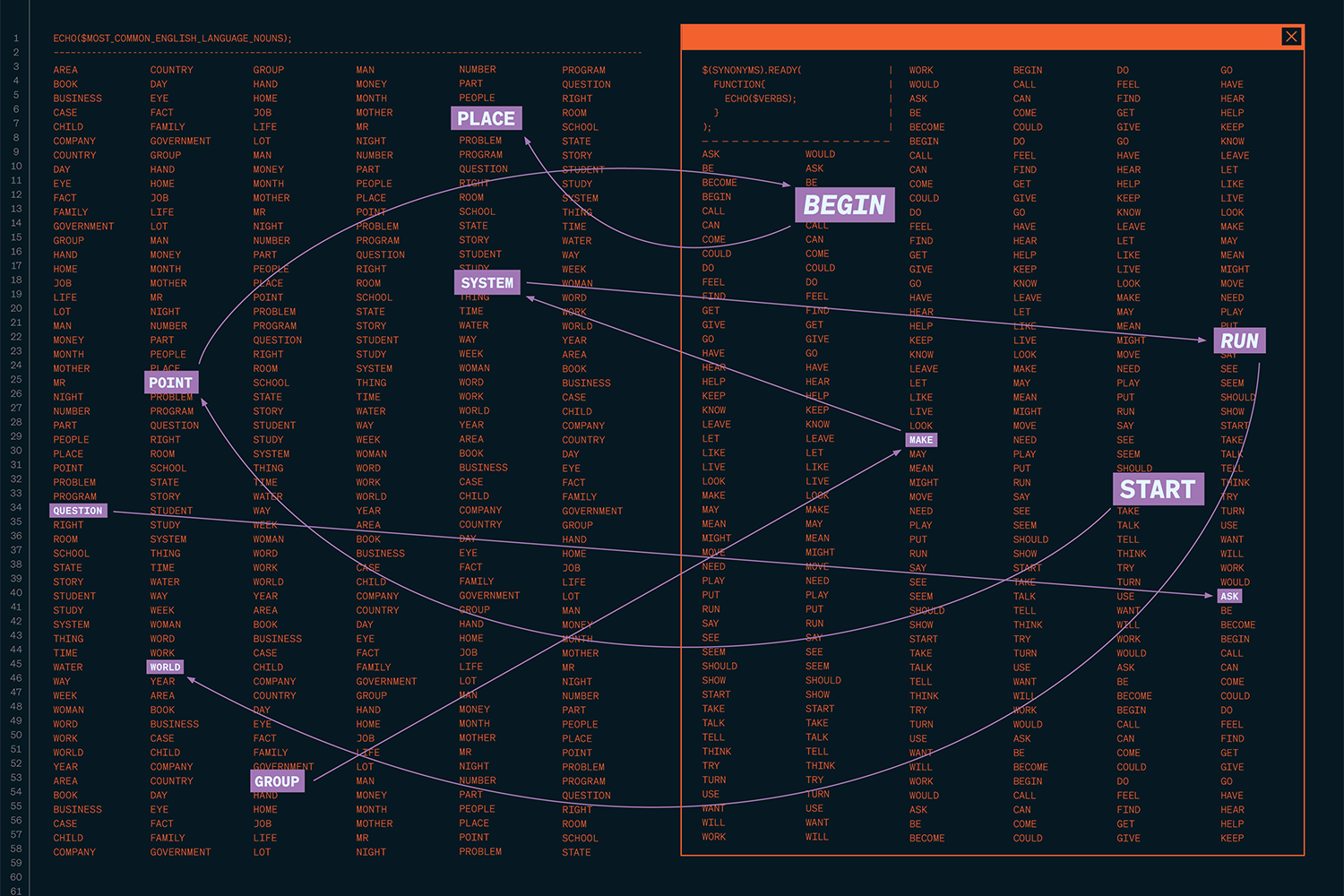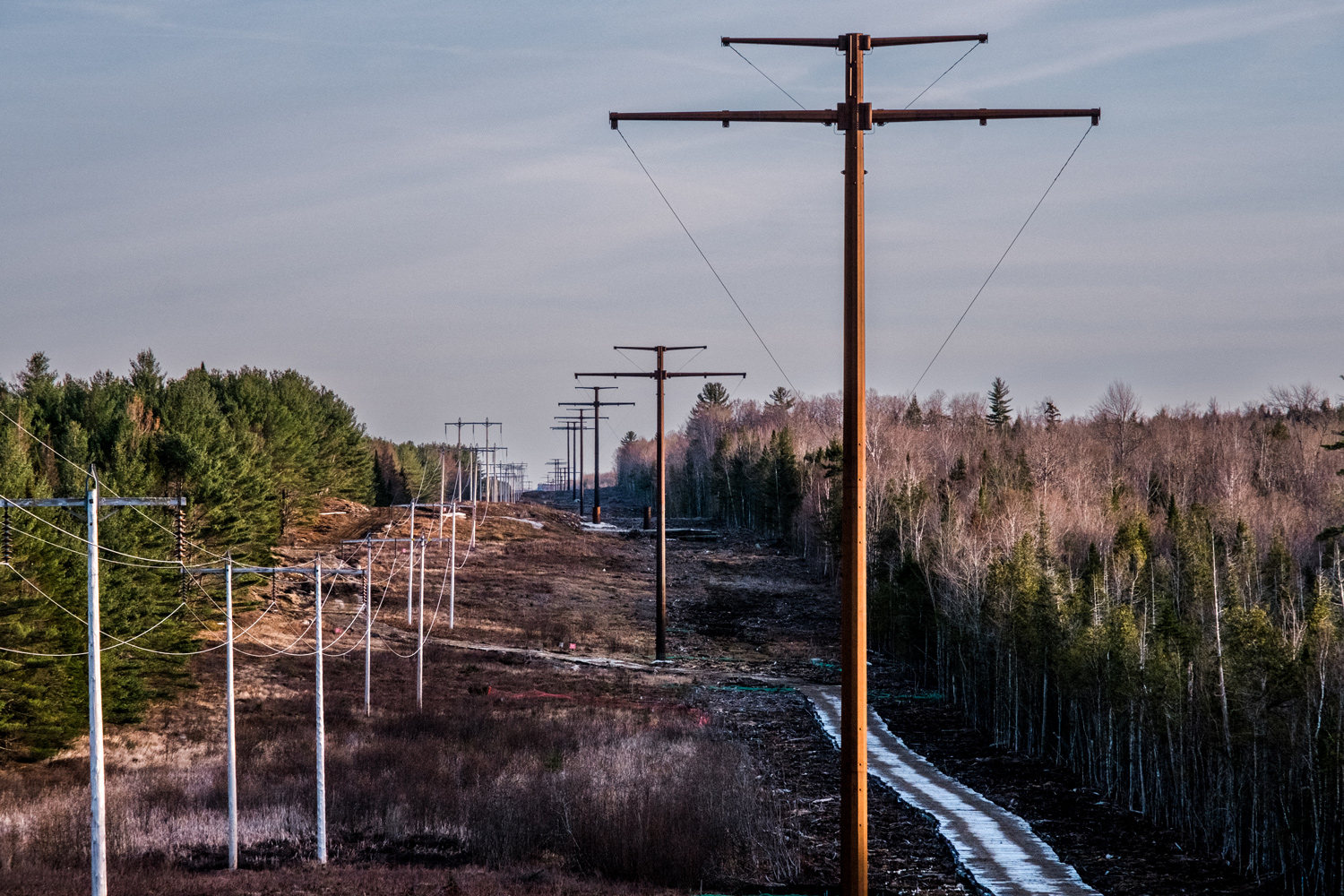Over a two-day Mindful Drinking Festival in London in 2019, about 10,000 people passed through an old brewery. They were almost a perfect cross section of society: old and young, women and men, from all walks of life. At the many booths, packed side to side, they sampled beers, wines and spirits—and not a single person would get even a little drunk. The event, put on by Club Soda U.K., a social business aimed at helping people drink more mindfully, featured the best non-alcoholic drinks from around the world.
One of these attendees was a Canadian named Bob Huitema, who travelled to the United Kingdom to do market research for a new line of non-alcoholic spirits he’d gotten the idea for two years earlier. Huitema, who worked in the food and beverage industry in Toronto, wanted to enjoy cocktails without booze but found the options at home lacking. While there was high-quality non-alcoholic craft beer, like Partake Brewing, there were almost no options in the spirits category in Canada at the time.
As Huitema wandered around the festival grounds, he started chatting with attendees about why they wanted to cut back on booze. Were they all struggling with alcohol use disorder? No—most said they were simply interested in improving their health by moderating drinking. For Huitema, it was an “aha” moment—people needed viable alternatives to alcohol if they were going to choose to drink less, or give it up altogether. Later that year, he launched Sobrii 0-Spirits, a line of non-alcoholic and sugar-free gin and tequila distilled in small batches in Stratford, Ont. that cost $16.99 a bottle. Sobrii produced Canada’s first distilled non-alcoholic gin.
Sobrii’s launch is part of a much larger shift towards mindful drinking. Studies have found that younger people drink far less than their parents’ generation. Binge drinking has lost its lustre, and millennials and Gen Z are more aware of the negative health effects of alcohol thanks in part to a 2018 Lancet study that found no amount of alcohol is good for the body. A Statistics Canada survey found that about 22 per cent people cut back on drinking during the pandemic. And while in recent years women’s alcohol consumption has caught pace with men’s, many are reconsidering their relationship with drinking.
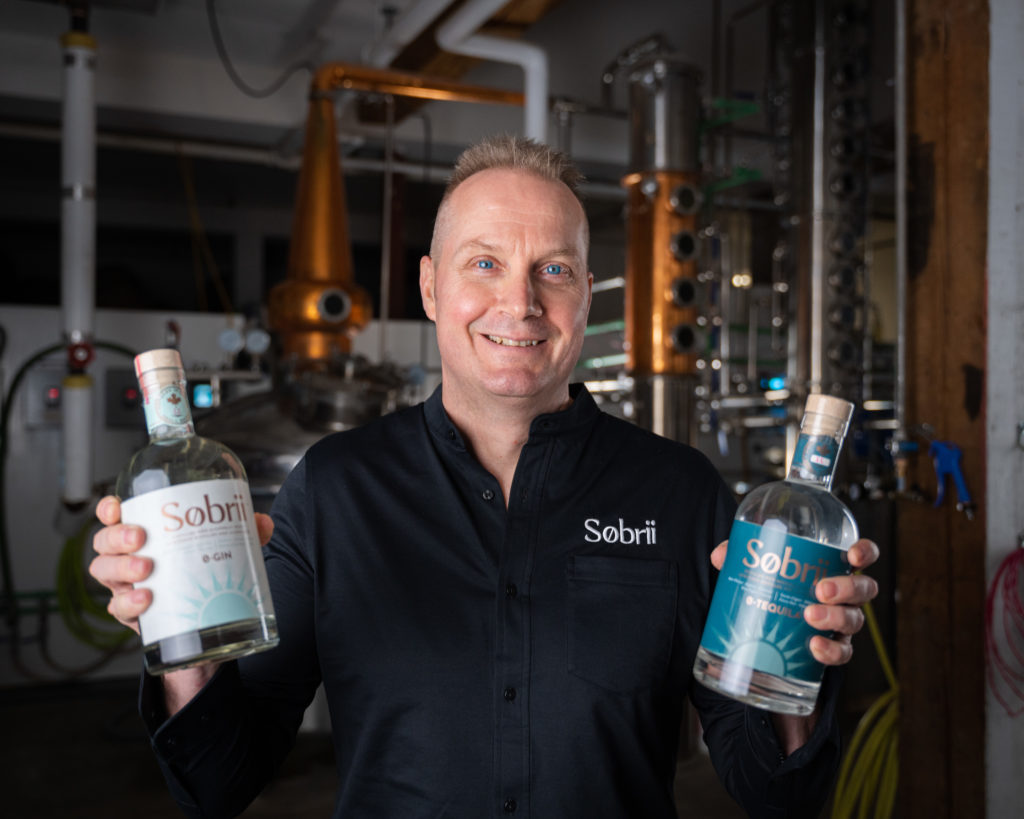
And not everyone giving up liquor is doing so because of alcohol use disorder or problem drinking. Some consider themselves “sober-curious”—a term credited to U.K.-born New York based-writer Ruby Warrington to describe more mindful alcohol consumption that may lead to abstinence. In 2018, she published her book Sober Curious, which looks at why it’s helpful to reevaluate our societal relationship with alcohol. Warrington told the New York Times in 2019 that while she didn’t feel great about waking up with horrible hangovers, programs like Alcoholic Anonymous weren’t a fit for her personally because she did not view herself as an alcoholic. “It just felt to me like there was a huge gray area, and a much wider acknowledgment now of the different categories of problem drinking,” she said.
Warrington was onto something. The last several years have seen an explosion of support programs, apps, classes, books and beverages aimed at people who want to drink less across the globe. In the U.K., where the sober curious movement is strong, Club Soda started as a Facebook sobriety support group—it now has over 70,000 members. Aside from its annual festival, people can take courses on how to drink mindfully for £40, or learn how to give up alcohol. Sober Girl Society also organizes booze-free events across the U.K. and has a lively Instagram community. In the U.S., Warrington hosts sober curious events and tickets to her retreat in upstate New York start at US$345. Online American retailer A Fresh Sip sells popular non-alcoholic beverages in one spot, and posts regular Instagram content around how to live a sober lifestyle.
The American writer Holly Whitaker is also seeing the business opportunities with sobriety. In 2019, she published the book Quit Like a Woman—which became a pandemic favourite after Chrissy Teigen said it inspired her to quit drinking during Covid—about how she wanted to change her drinking habits but chafed at the culture of Alcoholics Anonymous. “From the outset, AA felt like … the most oppressive thing I could do to my already oppressed spirit,” Whitaker wrote in her book. She went on to found Tempest, an online alcohol counselling program. In 2019, the company raised US$10 million in Series A funding.
“There’s so much money being left on the table in Canada”
Since then, Tempest’s membership has swelled to over 10,000—300 of those are Canadians—who pay up to US$59 a month to access courses, events and support calls. Users can set their own goals for recovery, and even use Tempest while also doing 12-step programs. The website and app are open for users 24/7, and have community groups for LGBTQ+, BIPOC, parents in recovery, seniors and more. “The idea is we serve folks who are looking to change their relationship with alcohol, and that can mean lots of different things for different folks,” says Queen Muse, the company’s communications director.
Women are among the main drivers of this sober-focused movement, with even groups dedicated to sober moms. Some argue that it’s a direct reaction to so-called “wine-mom” culture—one that normalizes regular drinking to cope with the stress of parenting. (See wine glasses emblazoned with “mom juice” and “because kids” on them.) It might also be because women are typically more health-conscious than men.
Sarah Kate is the publisher of Some Good Clean Fun, a Toronto-based online magazine that supports sober-curious and alcohol-free lifestyles. On the site, she offers suggestions for people on how to moderate or quit drinking, including recommendations for books, mindful-drinking strategies for the holidays and stories about women who are rethinking booze. She also provides recommendations of where to buy alcohol-free products. Kate says that over 80 per cent of the traffic to her website is women. “It is always women reaching out to me and asking, ‘Where can I find alcohol-free wine?’”
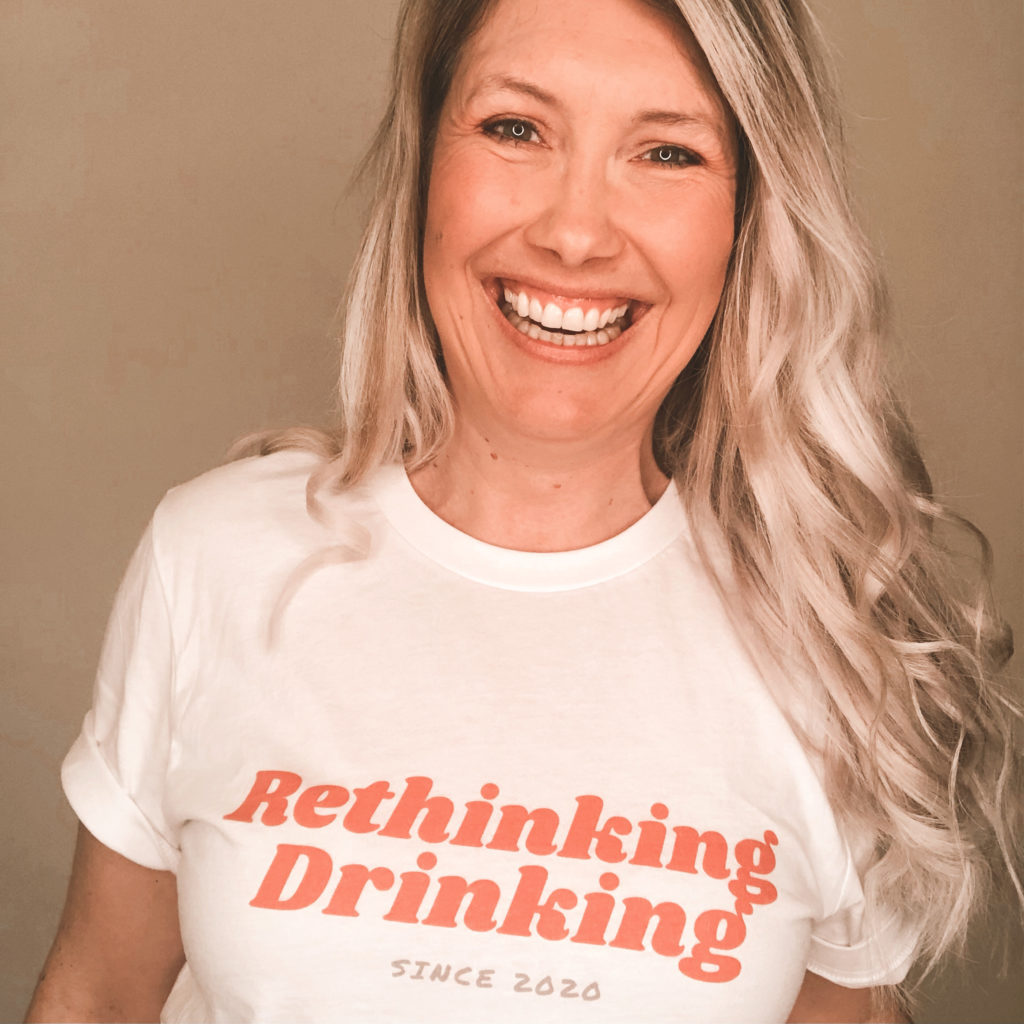
Last year, she and her business partner Kathryn Damianidis launched Sans Alcohol Free Drinks, a pop-up shop and delivery service that highlights premium non-alcoholic drinks, including Sobrii. Getting the opportunity to taste the drinks is often the biggest sell—for customers, it’s eye opening to sample a de-alcoholized beer or wine and find out that they taste remarkably similar to the real thing. On average, people will buy over $100 worth of products at a time. “We’ve had people come into the pop-up with this look in their eyes, like ‘Oh God, thank you for doing this.’”
A cultural shift towards wellness—a broad set of practices aimed at improving health—certainly plays a part in people thinking about joining sober-curious programs or choosing non-alcoholic options. According to Forbes, about 78 per cent of non-alcoholic beverage buyers still buy alcohol as well, showing that moderation and health are likely motivating factors.
Societal norms have also shifted. If a person opts not to drink at a social event, it’s not as unusual of a choice as it may have been even 15 years ago. David Soberman, a professor of marketing at University of Toronto’s Rotman School of Management, notes that younger generations have had messaging about the importance of responsible drinking their entire lives—anyone who grew up in the 1990s remembers the terrifying Mothers Against Drunk Driving, or MADD, ads depicting car crashes from impaired driving. “When you have repeated messaging about the same thing, people really start to think about it,” he says.
Sober-curious people present a whole new consumer to target—especially in Canada where the market is untapped compared to the U.K. or the U.S. Whereas people with addictions may choose to avoid anything that simulates alcoholic beverages, those opting to simply moderate or change their drinking habits may want options that more closely taste like wine, beer or their favourite spirits. Huitema compares the shift to the growth of meat-alternative products. “We’ve had fairly decent meat alternatives for years,” he says. “It didn’t initially take off because brands were aiming their marketing towards people who didn’t eat meat. Now, companies market towards people who do eat meat.” While health is a consideration, the taste and positioning of meat-alternatives drive sales. It’s something people selling non-alcoholic beverages can emulate.
“We’ve had people come into the pop-up with this look in their eyes, like ‘Oh God, thank you for doing this'”
According to Forbes, sales of non-alcoholic beverages totalled US$331 million in 2021 in North America. More grocery stores and independent retailers are offering more options these days, too. “You definitely see a lot more shelf space in grocery stores allocated to these products, which says to me that they’re moving,” says Soberman. Canadian brands include non-alcoholic spirits like Solbrü and Lumette, and zero-proof wine-like beverages like Proxies and Piquette. There are also now a handful of online and bricks-and-mortar retailers across the country who are dedicated solely to selling booze-free drinks.
The next frontier is restaurants. Kate says the current options available at many establishments are sugary mocktails—a less-than-ideal option for those with wellness top of mind. While premium non-alcoholic options cost more for the restaurant than simply muddling fruit and sugar with club soda, Kate believes there are customers willing to pay to drink better alternatives. “There’s so much money being left on the table in Canada,” she says. Grey Gardens, a Toronto restaurant owned by Jen Agg, recently added a spritz made with SeedLip, a non-alcoholic spirit, to the cocktail menu.
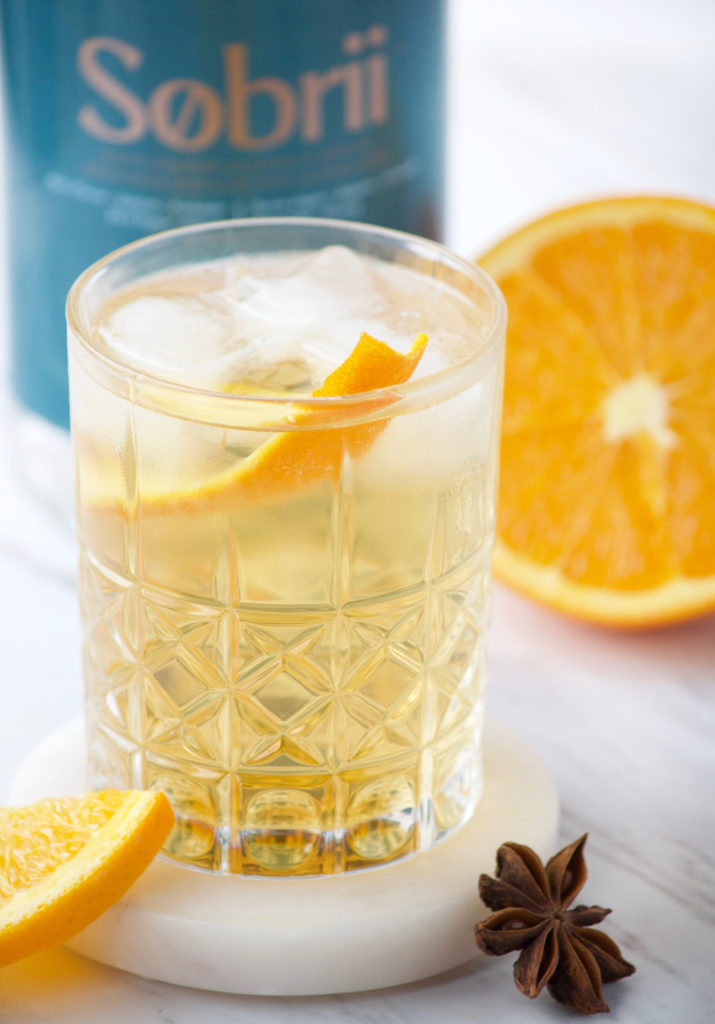
Another potential growth area is in production. While a small handful of people, like Huitema, are making non-alcoholic spirits or beer in Canada, high-quality dealcoholized wine has to start with a high-quality product. Regular wine has to be dealcoholized through vacuum distillation, which burns off the ethanol in the wine. In Australia, Kate says, that process has been refined to extract the ethanol, the aroma and the dealcoholized juice. The aroma strip and juice are then combined with the unfermented grape juice from the varietal used in the wine. It creates a great quality dealcoholized wine, but that process takes time, and that means grapes are being used on non-alcoholic products rather than for the larger alcohol market. “Production costs are quite high, and, if I had to guess, winemakers are still sceptical and would think twice before dealcoholizing a product that’s hard to grow to begin with,” Tobias Fiebrandt, the assistant winemaker at Vineland Estates, told Some Good Clean Fun last year.
But while the market is still small in Canada, Huitema is hopeful that the early adoption of non-alcoholic beverages by women will lead others to follow—much like what he saw at the Mindful Drinking Festival. One recent development that may already point that way: Partake Brewing, recently raised US$16.5 Million in Series B funding. Its marketing is gender inclusive, and Partake says its customers are evenly split across gender lines.
For now, Huitema is focused on getting Sobrii into more homes. He’ll be launching four new products this year and recently appeared on Dragons’ Den, landing a deal. Sales have grown at a double digit rate each year since Sobrii launched, and he wants to continue to amaze people with the taste. “My gold standard is that somebody walks up to me and says, ‘I didn’t even know there was no alcohol in here.’”
If you’re struggling with alcohol use disorder or alcohol dependence, resources are available at the Canadian Centre on Substance Abuse and Addiction and the Centre for Addiction and Mental Health.
